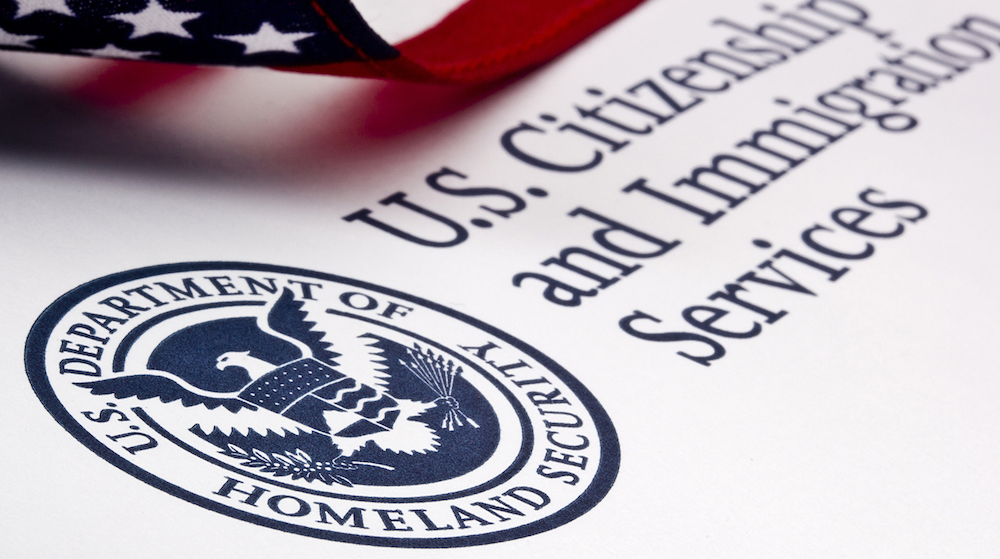
U.S. Citizenship and Immigration Services (USCIS) is proposing to limit the number of people who can secure waivers for USCIS fees.
This is good news as it will strengthen the finances of that fee-supported agency, probably reduce the number of fee-waiver applications it handles, reduce the number of relatively low-income applicants who get USCIS services for free, and perhaps nibble a little at the total amount of immigration benefits handed out each year.
The proposal will have no impact on the ability of the really poor to get free services, but it will cause some in the next income level up, say the near-poor, to have to pay full freight for the various USCIS fees. And, as a result, perhaps the number of applications for benefits will fall.
USCIS is about 95 percent fee-supported; when it waives a fee, it causes other fee-paying applicants – corporate, citizen, or alien – to cover the loss. The agency publishes virtually no information on the size of these losses. The Center, doing a little detective work, found that the losses due to waivers amounted to $216 million in 2012 and that must have increased substantially since then.
Out of a concern for low-income people seeking immigration benefits (such as a visa for a relative), the Obama administration made fee waivers easier to apply for; instead of being forced to sit down and write a letter seeking a waiver, all one had to do was fill in a government form, the I-912, a far easier task. Fee waiver totals soared.
The current version of the I-912 form gives the applicant three choices:
- Indicate that you are receiving an income-tested benefit, such as food stamps;
- Answer a page or two of questions showing your income is below 150 percent of the poverty line; or
- Write a paragraph or two about your financial hardship.
The first choice is by far the easiest, and that is the option USCIS proposes to eliminate. It notes that means-tested programs in some states allow benefits for those who earn more than 150 percent of poverty; the new rules will thus be consistent, nationwide. The new rule does not bar those who are receiving food stamps from getting fee waivers, but it means that the receipt of one set of benefits does not automatically make one eligible for a fee waiver.
The new rules thus not only narrow the eligibility requirements, they will also force filers of the I-912 who have received means-tested benefits to answer more questions than they had to in the past. It may well discourage some of the near-poor who might be seeking benefits for immediate relative admissions, for example, which are not numerically limited, from applying at all.
The proposed procedures might well lead, indirectly, to somewhat higher average wages among the new arrivals. The irony is that the poorest among those seeking immigration benefits (those not in the means-tested assistance programs) will not be disturbed.
This proposal is totally separate from, but in line with, the new public charge requirements that my colleague Jessica Vaughan wrote about recently.
